Queensland election: Religious leaders cry betrayal on euthanasia
The Premier has denied picking a fight with the churches on the contentious issue of euthanasia during the campaign.
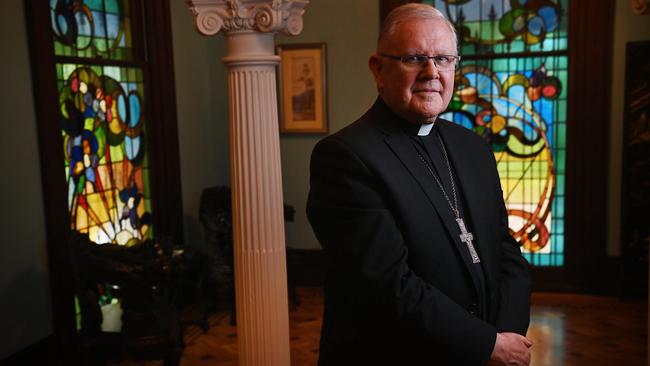
Queensland Premier Annastacia Palaszczuk has denied picking a fight with the churches on the contentious issue of euthanasia during the state election campaign.
Catholic Archbishop of Brisbane Mark Coleridge, in an interview with The Australian, challenged Ms Palaszczuk to explain why she reneged on a commitment to let the Queensland Law Reform Commission report on draft voluntary assisted dying legislation in March, before it was put to state parliament.
At her campaign launch on Sunday, Ms Palaszczuk made the surprise announcement that, if re-elected, she would move to legalise euthanasia, by introducing legislation in February and bringing forward the QLRC report.
Asked to explain the change on Tuesday, in light of Archbishop Coleridge’s concerns, Ms Palaszczuk said it was only fast-tracked by a matter of weeks.
“It is a deeply personal issue, families, people have been raising it with me,” Ms Palaszczuk said.
“We put the extra funding into palliative care as well, at the end of the day this is a choice for individuals. It’s a very deeply personal choice, and the Law Reform Commission, it was a matter of weeks, and what we’re doing is we’re asking them to bring that forward.”
Asked whether it was wise to pick a fight with the churches on the issue, Ms Palaszczuk denied that’s what was happening.
“No one’s – no, that’s not true, that’s not happening – at all,” Ms Palaszczuk said.
“I respect the churches, I went to a Catholic high school, we can agree to disagree on a whole range of matters, I absolutely respect the views of individuals, and as I’ve said, this is an incredibly, deeply personal choice for individuals. But I’m on the record saying what I believe. Once again, Deb Frecklington needs to show leadership: what is her personal view?”
While Ms Palaszczuk has said she would vote for the reform, Ms Frecklington has not said where she stands on the issue.
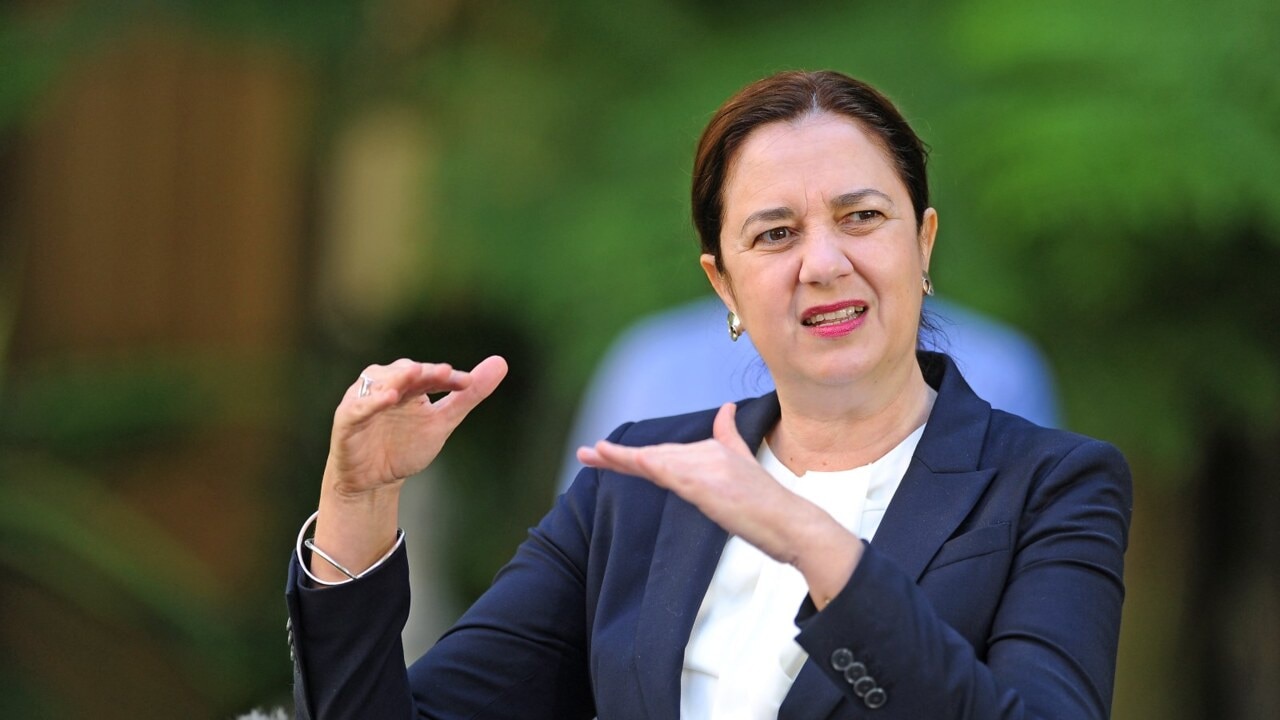
Religious leaders cry betrayal on euthanasia
Bewildered church leaders accused Ms Palaszczuk of politicising the “life and death” issue of euthanasia and breaching undertakings on when Labor would enact voluntary assisted dying law.
Expressing his “disappointment” in Ms Palaszczuk, the Anglican Archbishop of Brisbane and former national primate Phillip Aspinall said there must be “political judgments involved in the absence of any other rationale” to fast-track the nation’s third right-to-die law.
Ms Palaszczuk stunned sections of her own party, the churches and activists on both sides of the debate by announcing at Labor’s campaign launch on Sunday that the she would introduce VAD legislation in February if the government was returned at Saturday week’s state election.
For the first time on Monday, the Premier also revealed she was personally pro-euthanasia saying: “Yes, I would vote for it.”
Describing the developments as a “bolt from the blue”, Dr Coleridge said Ms Palaszczuk had reneged on a “clear commitment” to parliament on May 21 to “not rush” the process and wait for the QLRC to report on March 1 before proceeding with a VAD law. The government will ask the QLRC to fast-track the process to report back a month earlier.
“That was turned on its head on Sunday by the Premier’s announcement,” Dr Coleridge. “So the question is what happened in the meantime … why or under what pressure has the Premier made this clearly political judgment and set it within the context of an electoral campaign?
“I really don’t understand what motivated her or under what pressure she has made the decision. But one has to ask the question.”
Dr Aspinall said he could only conclude Ms Palaszczuk perceived a political advantage in “gazumping” the law reform commission and advancing the timetable to legislate to next February if Labor won the election.
“There does not seem to be any real explanation for that,” he said. “So one can only judge that, in the midst of an election campaign, it is due to electoral considerations … there must be political judgments involved in the absence of any other rationale.”
But Ms Palaszczuk insisted she would give “extra assistance” to the law reform commission and pledged the government wouldn’t finalise its position until the agency reported. This followed a majority decision by an all-party parliamentary committee to back VAD — with Liberal National Party dissenting — and refer to the QLRC a draft bill prepared by Brisbane law professors Ben White and Lindy Willmott, both former law reform commission members.
Asked on Monday to explain the rush, Ms Palaszczuk said: “I think it’s a very important issue for Queenslanders, it’s been raised with me countless times and there’s no reason that any extra assistance that the law reform commission (can’t be given). We can bring that forward so that parliament can have a vote. As I’ve said, it’ll be a conscience vote for the members of my team if we are re-elected, and I hope it is a conscience vote for all parliamentarians.”
Liberal National Party leader Deb Frecklington would not be drawn on her personal view on euthanasia or whether an LNP government would bring on VAD legislation. The party’s policy position is opposed to assisted dying, but Ms Frecklington has said she would allow LNP MPs to vote their conscience if a bill came before state parliament.
“I will wait and see the response from the law reform commission and this is an issue that is serious and it affects people’s lives, so it is important that we listen to the complex nature of the laws and that’s why the Law Reform Commission is looking at drafting those laws,” Ms Frecklington said. Pressed on whether she supported the premise of euthanasia, she said she believed no one should have to die alone or in pain.
The row erupted as a coalition of pro-VAD groups released a survey of nearly 600 candidates running in the October 31 election on where they stood. Of the 597 candidates polled, 164 were in favour of assisted dying, 37 were unclear or uncommitted, 13 opposed and 383 did not respond.
Both Dr Coleridge and Dr Aspinall confirmed they had not personally discussed assisted dying with Ms Palaszczuk or received assurances from her on the timing of any legislation.
However, Dr Coleridge said the churches had no reason to do so; they had relied on the Premier’s assurance to parliament that the QLRC would report on a draft bill first. Factional sources in the Labor Right said their understanding was the questions had been put off until after the election and Ms Palaszczuk’s announcement blindsided them.
“We didn’t expect it to be front and centre of the election campaign,” Dr Coleridge told The Australian. “Our hope had been it could be dealt with in a calmer and clearer situation beyond the election … the draft legislation would be presented by the law reform commission and then would, as the Premier said, be given careful consideration by the government before it was presented to the Queensland parliament without the rather overheated context of an electoral campaign.”

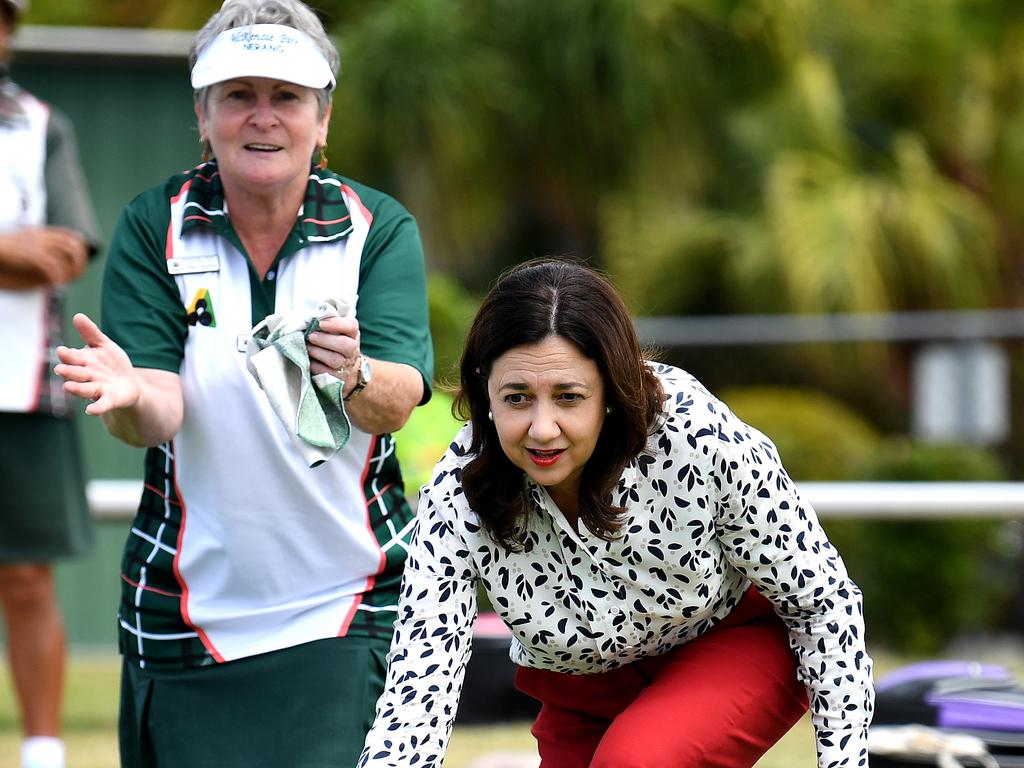
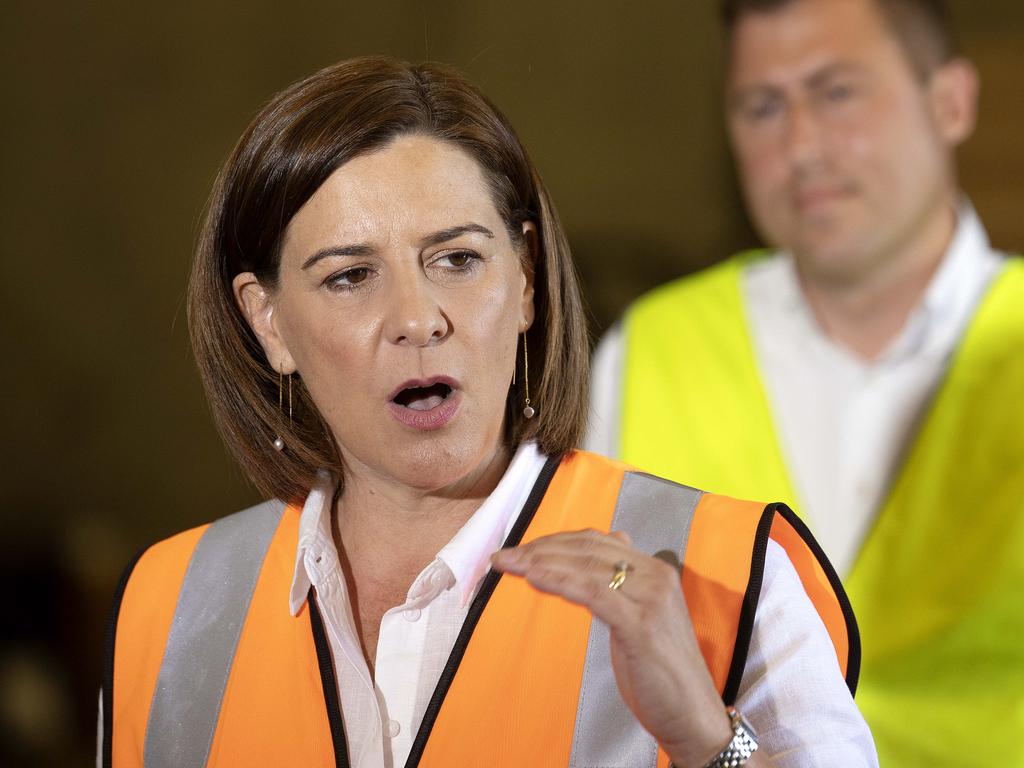
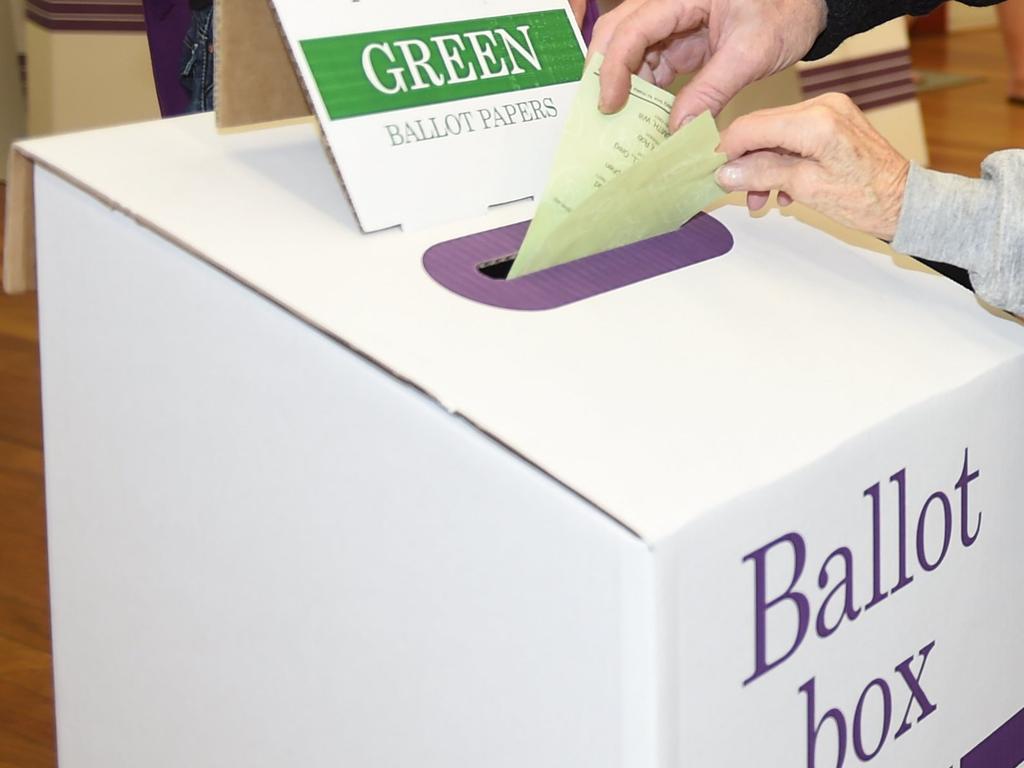
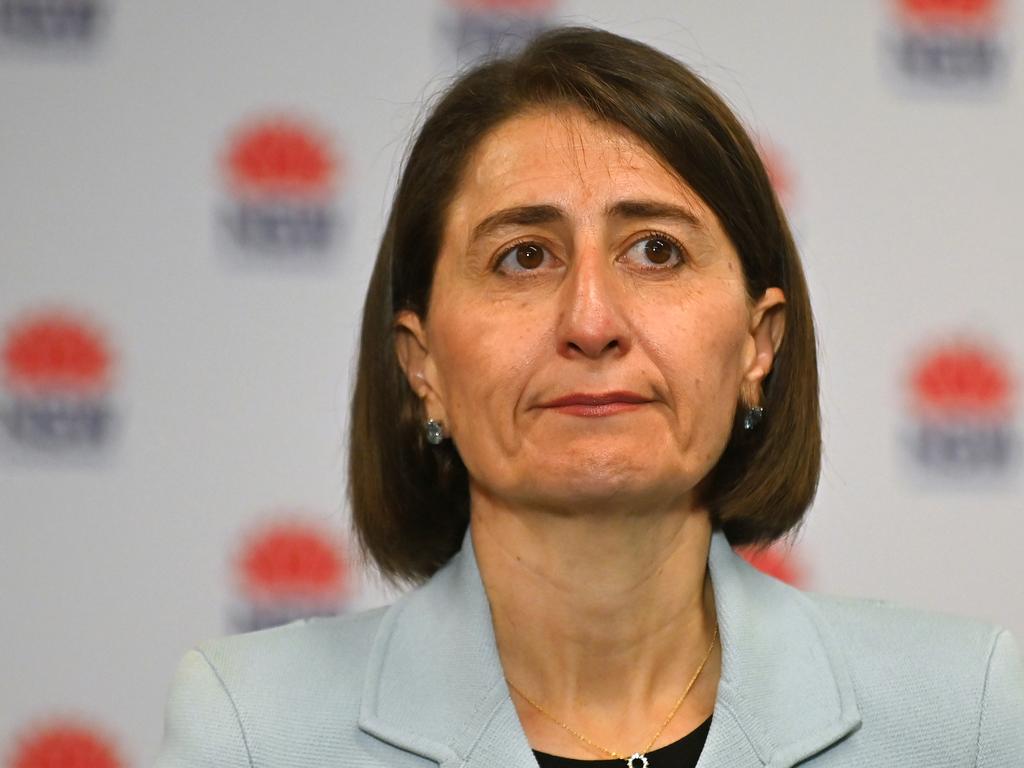
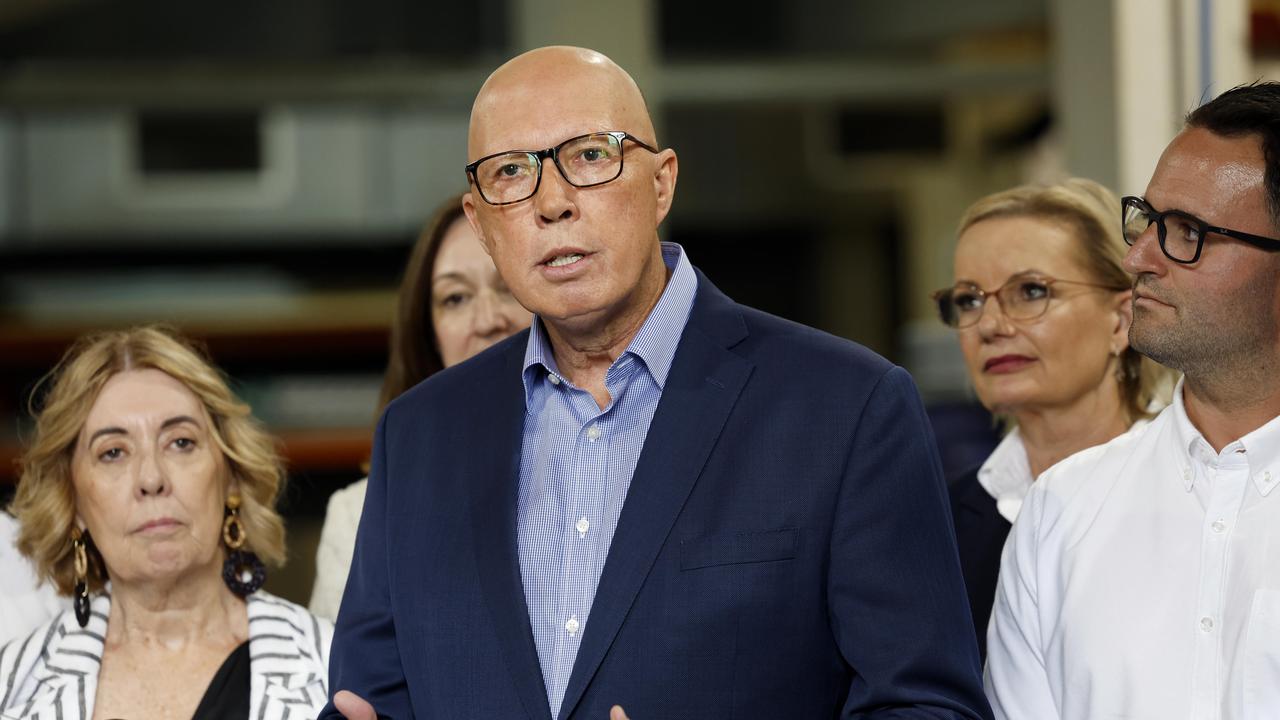
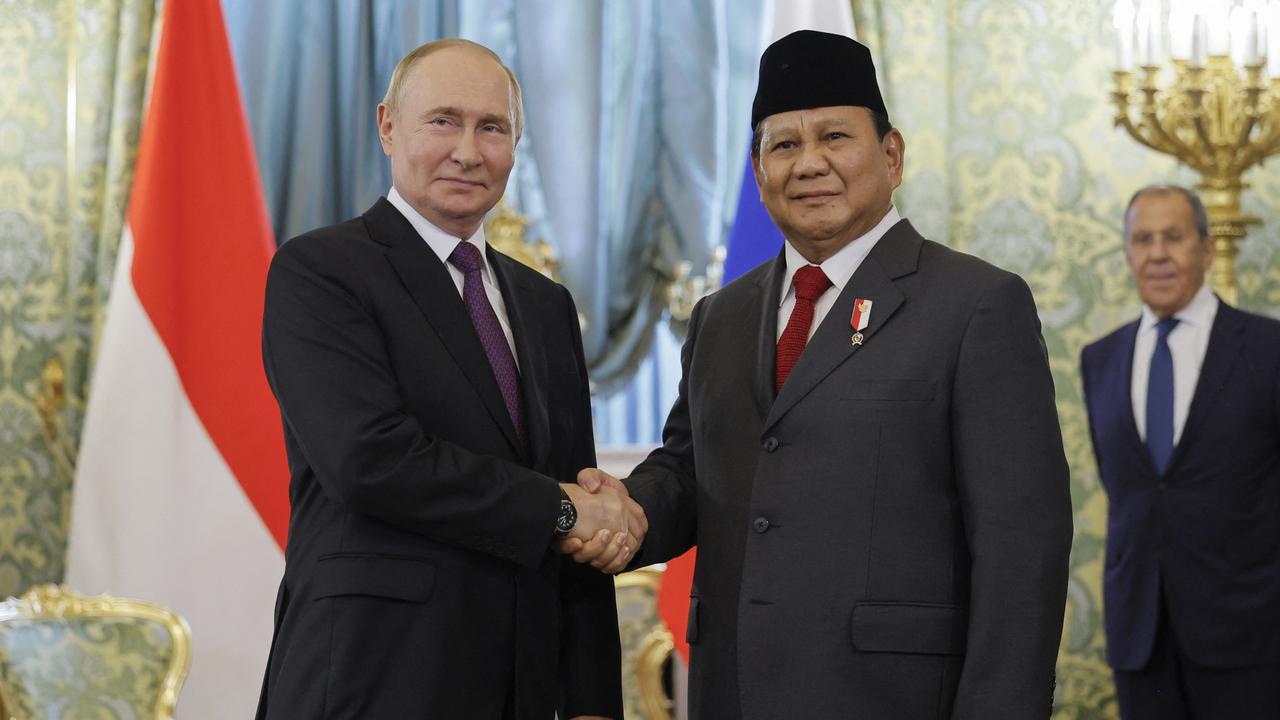
To join the conversation, please log in. Don't have an account? Register
Join the conversation, you are commenting as Logout